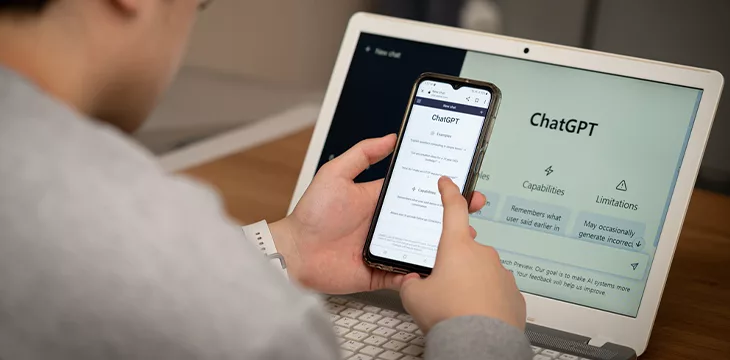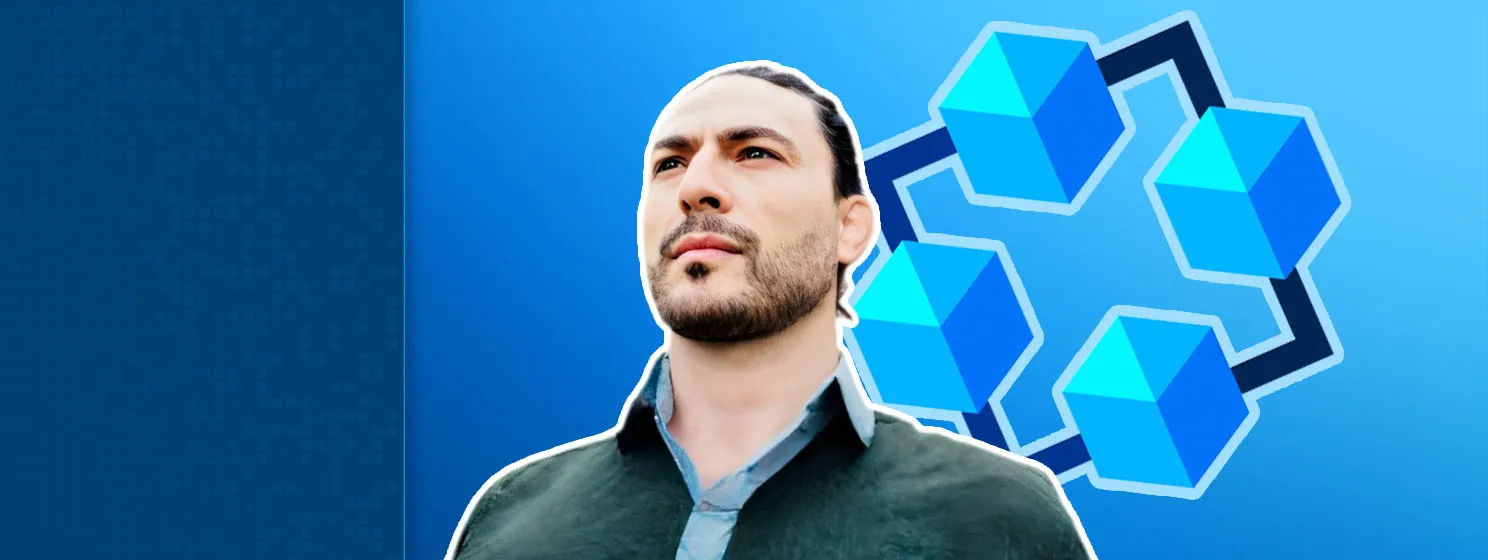|
Getting your Trinity Audio player ready...
|
OpenAI, makers of ChatGPT, has confirmed that users can now access the generative
artificial intelligence (AI) chatbot without the requirement to sign up on the platforms in a valiant attempt to democratize AI.
The company announced the new policy via an official statement, noting that users are no longer required to create accounts before using ChatGPT 3.5. OpenAI will proceed with a phased approach to test the waters, starting with users in the U.S. before a global rollout.
zero clicks to use chatgpt https://t.co/xtPbOKHaGa
— ChatGPT (@ChatGPTapp) April 1, 2024
“Starting today, you can use ChatGPT instantly, without needing to sign-up,” read the statement. “We’re rolling this out gradually, with the aim to make AI accessible to anyone curious about its capabilities.”
While users do not have to go through the hassle of account creation, OpenAI imposes several guardrails to limit access to full ChatGPT functionalities. Users without an account cannot save chat histories and export chats on the platform.
A closer look reveals that users without accounts may be restricted from accessing voice conversations with the ChatGPT. Custom instructions and GPT functionalities will be unavailable, with the company confirming the introduction of “blocking prompts” for users in this class.
Despite the limited offerings, OpenAI’s new stance has elicited praise within the ecosystem from experts and casual users. Users who are reluctant to share personal information with the company can access the popular chatbot for the first time in a move that could force other companies to adopt a similar policy.
OpenAI clarifies that while it may use data inputed into the chatbot for training purposes, all classes of users can opt out by turning off the functionality in a few clicks.
The new stance has raised eyebrows in some quarters, with critics questioning OpenAI’s ability to handle data scrappers feeding off its API. Others allege that the new policy is an attempt to prevent users from turning to its competition before roping them into creating accounts via various strategies.
“OpenAI allowing ChatGPT to be used without an account is one hell of a loss leader to keep people from using competitors since it appears that it’s not being used to upsell to a paid offering,” commented Max Woolf, data scientist at BuzzFeed. “This can’t be sustainable even with all the inference optimizations in the world.”
Bracing for stiff competition
With over 100 million weekly users, OpenAI’s ChatGPT has a clear lead over its industry rivals, but the company is bracing for competition in the coming months. Google (NASDAQ: GOOGL) and Meta (NASDAQ: META) have rolled out advanced LLMs with larger parameters in an attempt to close the gap, luring users with their open-source offering.
OpenAI is reportedly exploring an AI home device and integrations with emerging technologies while monetizing GPTs to reward its user base. Despite its attempt to stave off competition, an internal leadership crisis and increased regulatory scrutiny have put a dent in the company’s attempt to remain ahead of the competition.
In order for artificial intelligence (AI) to work right within the law and thrive in the face of growing challenges, it needs to integrate an enterprise blockchain system that ensures data input quality and ownership—allowing it to keep data safe while also guaranteeing the immutability of data. Check out CoinGeek’s coverage on this emerging tech to learn more why Enterprise blockchain will be the backbone of AI.
Watch: AI Forge masterclass—Why AI & blockchain are powerhouses of technology

 08-02-2025
08-02-2025 





